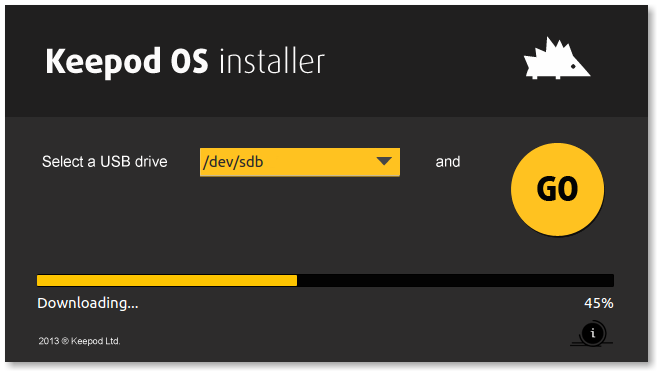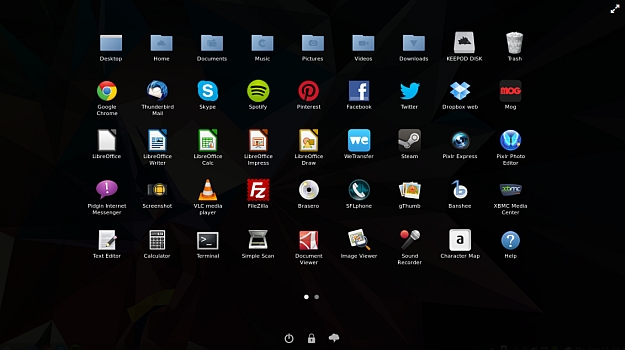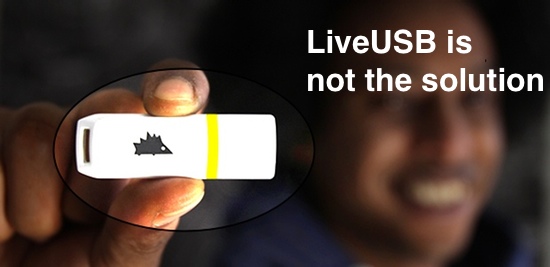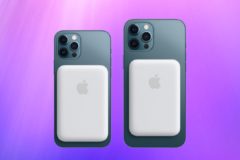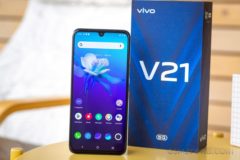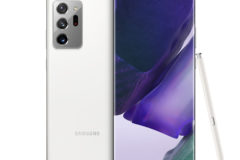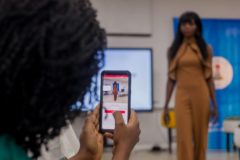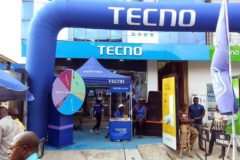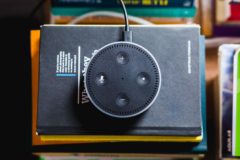Kenyan startup, Keepod Unite has released 1500 $7 USBs to Nairobi’s Mathare slum to help deliver low-cost personal computing services to the community.
The Keepod is a simple USB stick that turns any computer into a personal device. It has an operating system based on Android 4.4 (KitKat) and its makers claim it is secure and it leaves no footprint on the host PC, so one PC can be shared by many. The Keepod operates like a PC inside a USB Stick. When it is plugged into a computer, your personal OS and computing environment which is in the stick will be accessible.
Keepod’s makers have said that the USB Stick is aimed bringing the five billion people, or 70% of the world’s population, who are without access to personal computing, the opportunity to do this. They raised $40,000 on Indiegogo to launch the project, and they have set about bridging this ‘digital divide’.
Philipp Pfeffer, positioning and brand manager at Keepod Unite, says that the effects were incredible. “The effects were imminent. Children were sending emails within hours. The thirst for technology and information was really evident”. They are looking to bring the Keepod to many more communities across Africa.
But while this curious creation looks like a solution to many, Mike Dawson, COO of education company Ustad Mobile, has hit out that the Keepod project is pointless because there are present technologies that are less expensive and versions of free and open source OS like Ubuntu can be loaded onto USB sticks.
“There’s nothing new here that will widen access. Liveusb has been around for over 10 years. This (Keepod) project actually costs $800 per computer (40,000/50 computers). The crowdfunder had the false claim that it was the first standardised bootable operating system. You still need (a) computer… power… internet etc,” Dawson wrote in an article that has criticised the Keepod project.
Dawson questions why $40,000 is needed to create 1,500 Keepod USB sticks.
He goes on to say, “Keepod is physically just a USB stick. I don’t know how much it costs to build the centre in Mathare and what is involved (they don’t have much public information there). But the USB stick should be very cheap; it’s a normal USB stick so a few dollars should normally cover it“. Dawson further added that he thinks providing cheaper machines are the right way to boost personal computer access in the developing world.
On Dawson’s questions about why $40,000 is needed to create 1,500 Keepod USB devices, CEO for Keepod Ltd, Nissan Bahar, had this to say:
“The $40,000 are used to buy 1,500 USB devices, to build a hub that will provide classroom, public computer access and space to develop ideas, connectivity, maintenance, to fix PCs, to pay a staff of local contributors that will help support the hub, for security, for electricity, project expenses, and so on. Seems like a pretty good deal for 40K.”
Bahar added that Keepod are working with a local organisation that know how to refurbish old computers at no cost at all, to boost the project’s continuity.
Read the full argument here.









